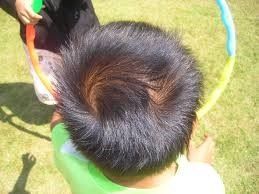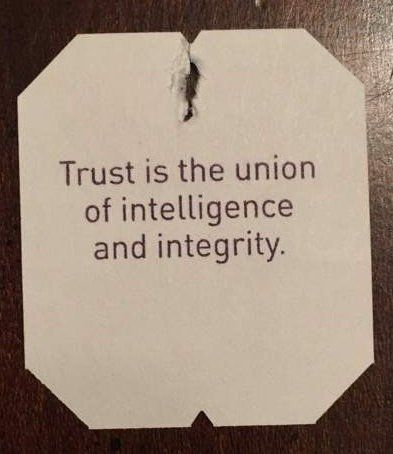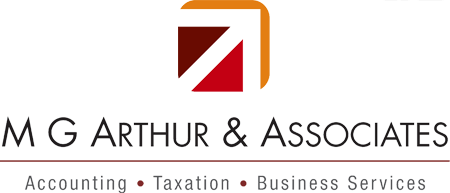A barber and an accountant
after having used services of a very professional and proficient barber Anthony, for years, I thought I will try and save some money. After all spending $25 pp for haircuts for a 9 year old and a 5 year old sounded more of a splurge. Anthony is well trained, experienced and highly knowledgeable, his salon ambience is good, service even better!
Added to my motivation was to support an upcoming small business run by migrants.
A few minutes into the haircut of the two boys at the new place, there seemed to be a small problem. The 9 year old had hair standing up at the back of his head, and for the 5 year old, there seemed to be a funny gap right above his forehead. Upon approaching the barbers, they meekly said, they had no idea of what was happening, and tried to blame it on the hair style the boys had asked for. I gently told them that the boys have been having the same style for years, and never before had we faced this problem.
It took me a visit to my old barber to technically understand what had really happened. It appears, both my boys have something called 'a double cowlick', a condition where if cut too short, hair either stands right up, or leaves a balding gap.


A rare, and otherwise harmless situation, it takes a professionally trained barber to recognise and manage the specific requirements of a set of hair, something an amateur may lack in.
It didn't take me long to equate this experience to my own profession. As in any profession, we have some tax accountants who have gained a bit of experiential knowledge but lack structured education and training. Then there are others who are unable to or unwilling to invest their time and money in continuous professional development and training. When a small business or mom and dad situation raises a tricky tax situation or a possibility of an advantageous tax planning, it is the structured education and ongoing training that sets you apart. There could be savings through strategic tax planning, restructuring, reduced capital gains or fast track business deductions. Similarly, unknown tax hits from errors like untimely trust distributions or director loans can be avoided.
Clients who prefer to save a few bucks thus miss out on these opportunities or end up with unwanted tax bills.
In my words, a professional accountant (and generally any professional) is someone who passes the test of the three 'I's:
- Intelligence, gained through structured education and ongoing training
- Integrity, to do the right thing by the client ahead of his own personal gain
- Intuition, to be able to understand what a situation demands intuitively and come up with a simple solution?

I don't have anything against those who cut prices to win business, nor against those who tend to seek price over quality. All I say is:
Don't be casual, lest you might be a casualty.
With present times of far reaching impact of Covid-19 on businesses and complicated new rules around Jobkeeper and other incentives, there is no better to time to test if your accountant passes the test of the three I's.
It is also a time to be understanding, patient, and appreciative for the extra yards your accountants are going through, to make it work for you.
Join MGAA's Community





